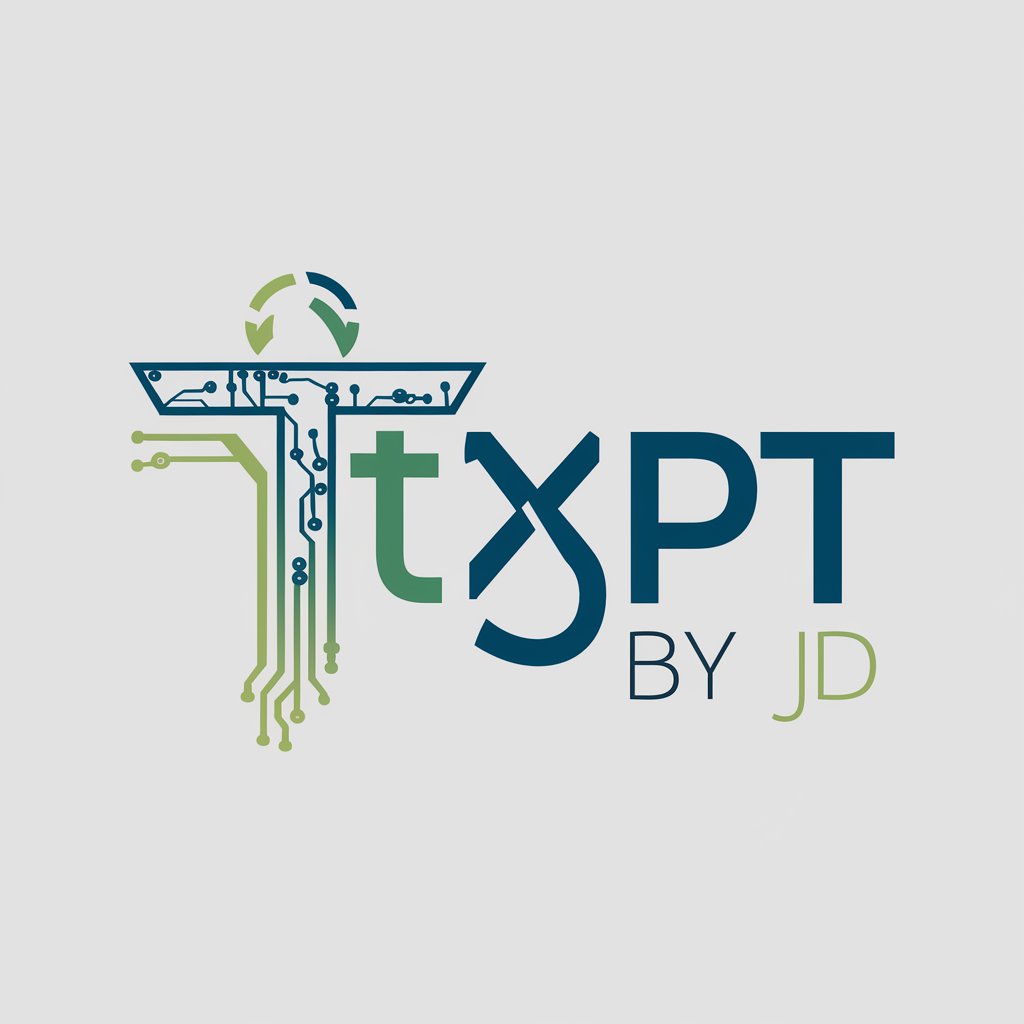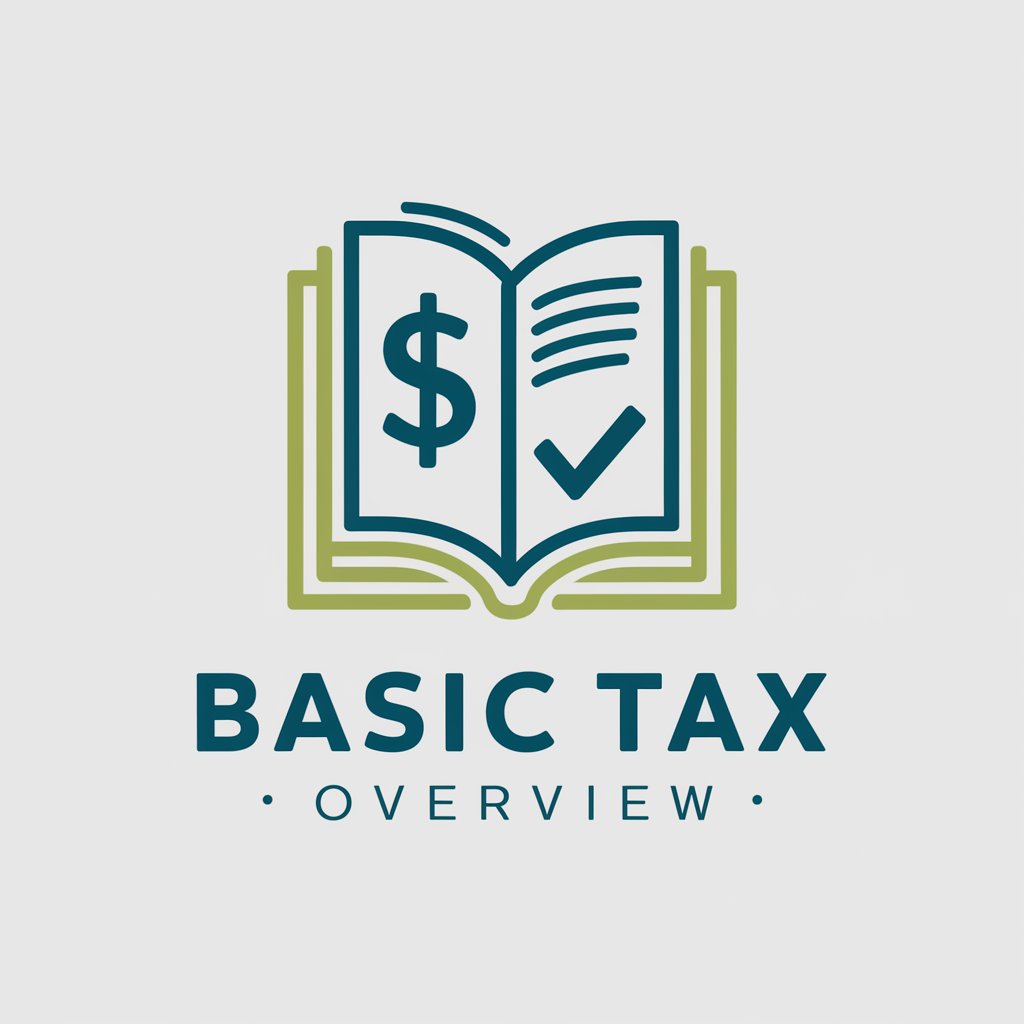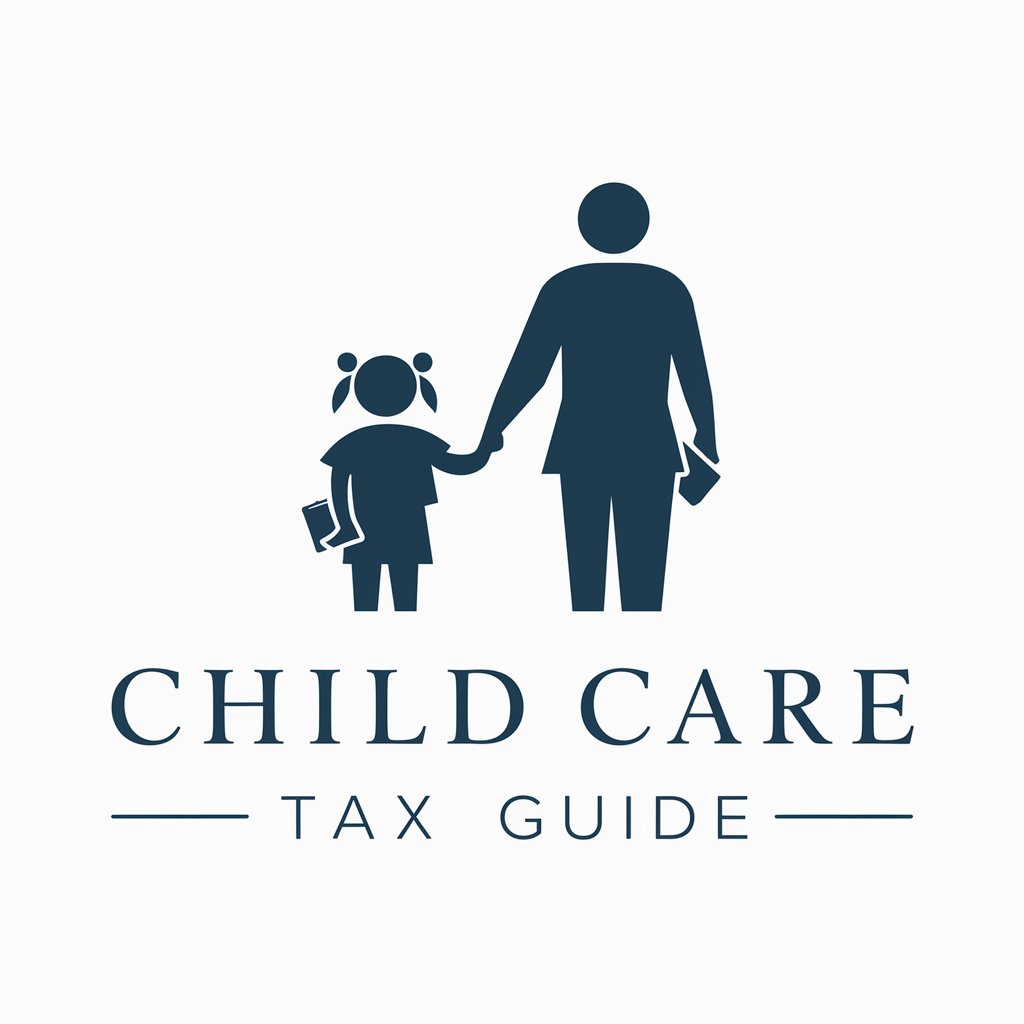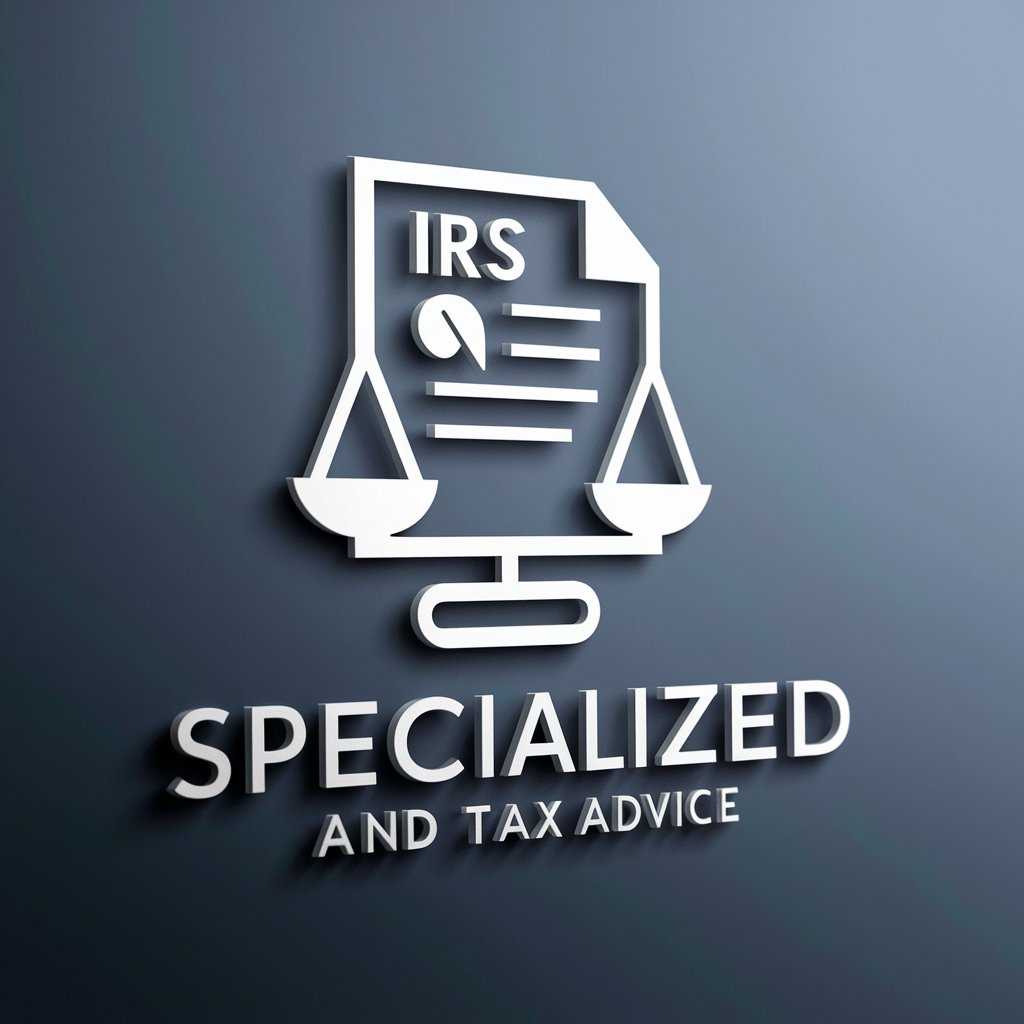8 GPTs for IRS Compliance Powered by AI for Free of 2026
AI GPTs for IRS Compliance are advanced artificial intelligence tools designed to assist in adhering to the Internal Revenue Service's regulations and guidelines. Utilizing the cutting-edge capabilities of Generative Pre-trained Transformers, these tools are tailored to address the complexities of tax compliance, offering precise and efficient solutions. They streamline the process of understanding and implementing IRS mandates, making tax compliance more accessible and manageable for individuals and businesses alike. By leveraging AI, these GPTs provide insights, automate tasks, and offer guidance specific to IRS rules, thereby enhancing accuracy and reducing the risk of errors.
Top 8 GPTs for IRS Compliance are: TaxGPT by JD,United States Accounting Expert,PicTaxPro Donation Assistant,Basic Tax Overview,Best Orlando CPA for Tax Services,Child Care Tax Guide,US Tax Adviser,Abrams Tax
TaxGPT by JD
Navigating Taxes with AI Precision

United States Accounting Expert
Navigating U.S. Tax Laws with AI

PicTaxPro Donation Assistant
Maximizing your donations with AI-powered precision.

Basic Tax Overview
Demystifying tax preparation with AI

Best Orlando CPA for Tax Services
Optimize Your Taxes with AI-Powered Strategies

Child Care Tax Guide
Simplify child care tax matters with AI-powered guidance.

US Tax Adviser
Navigating Tax Complexity with AI

Abrams Tax
Your AI-powered tax law assistant

Key Capabilities of AI GPTs for Tax Compliance
These AI GPTs tools stand out for their adaptability and comprehensive support in the IRS Compliance domain. Core features include natural language processing for interpreting IRS documents, data analysis for tax calculations, and machine learning for identifying compliance risks. They can generate tax-related documents, provide real-time assistance on tax queries, and offer predictive analytics for tax planning. Special features include the ability to learn from new IRS regulations, technical support for integration with financial software, and capabilities for web searching to stay updated with the latest tax compliance news.
Who Benefits from AI GPTs in Tax Compliance
The primary users of AI GPTs for IRS Compliance include tax professionals, accountants, legal advisors, and businesses managing their tax affairs. These tools are equally beneficial for novices without prior coding experience, offering user-friendly interfaces, and for developers or professionals seeking to customize applications for specific compliance needs. Their adaptability makes them a valuable asset for anyone looking to simplify the complexities of tax regulations and ensure accuracy in their tax filings.
Try Our other AI GPTs tools for Free
Ethical Eating
Discover how AI GPTs for Ethical Eating can transform your approach to sustainability and ethical food choices, offering personalized advice and insights.
Convenience Dining
Discover how AI GPTs revolutionize the convenience dining experience with personalized service, operational efficiency, and data-driven insights, all through user-friendly, adaptable AI tools.
Report Writing
Discover how AI GPTs for Report Writing transform the process of creating detailed, accurate, and engaging reports through advanced AI technology, tailored to professional and educational needs.
Curiosity Exploration
Explore and discover with AI GPTs designed for Curiosity Exploration. Tailored to foster learning, these tools offer adaptable, user-friendly solutions for everyone.
Lifelong Learning
Discover AI-powered Lifelong Learning: your gateway to continuous, adaptive education tailored to your evolving interests and skills.
Quiz Engagement
Discover how AI GPTs revolutionize quiz engagement with dynamic, tailored content creation, interactive designs, and insightful analytics. Perfect for educators, developers, and quiz aficionados.
Expanding the Role of AI in Tax Compliance
AI GPTs represent a shift towards more interactive and intelligent solutions in tax compliance. Beyond simplifying IRS compliance, these tools offer the potential to integrate with broader financial systems, providing insights that can inform decision-making and strategy. Their user-friendly interfaces and adaptability make them a valuable addition to the toolkit of professionals and businesses, paving the way for more efficient and effective compliance processes.
Frequently Asked Questions
What are AI GPTs for IRS Compliance?
AI GPTs for IRS Compliance are AI-driven tools designed to assist with understanding and adhering to tax regulations set by the Internal Revenue Service. They use advanced technologies to provide guidance, automate tasks, and analyze data relevant to tax compliance.
How do AI GPTs improve IRS Compliance?
By automating data analysis, generating compliance reports, and offering real-time advice on tax-related queries, AI GPTs significantly reduce the risk of errors and streamline the process of tax compliance, making it more efficient and accurate.
Can non-technical users benefit from these tools?
Yes, these tools are designed with user-friendly interfaces that do not require any coding skills, making them accessible to individuals and businesses without technical backgrounds.
Are these tools customizable for specific needs?
Absolutely, developers and professionals can tailor these AI GPTs to meet specific requirements or integrate them with existing systems for enhanced tax compliance support.
Do AI GPTs stay updated with new IRS regulations?
Yes, one of the core features of these tools is their ability to learn from new information, ensuring they remain updated with the latest IRS regulations and compliance guidelines.
Can these tools predict tax compliance risks?
Yes, leveraging machine learning, AI GPTs can analyze patterns and predict potential compliance risks, enabling proactive measures to mitigate them.
How do AI GPTs handle sensitive tax information?
AI GPTs are designed with security in mind, ensuring that sensitive tax information is processed and stored securely to protect against unauthorized access.
Are there any limitations to using AI GPTs for IRS Compliance?
While AI GPTs offer significant advantages, they are tools to assist with compliance and should be used in conjunction with professional advice to ensure all tax obligations are accurately met.